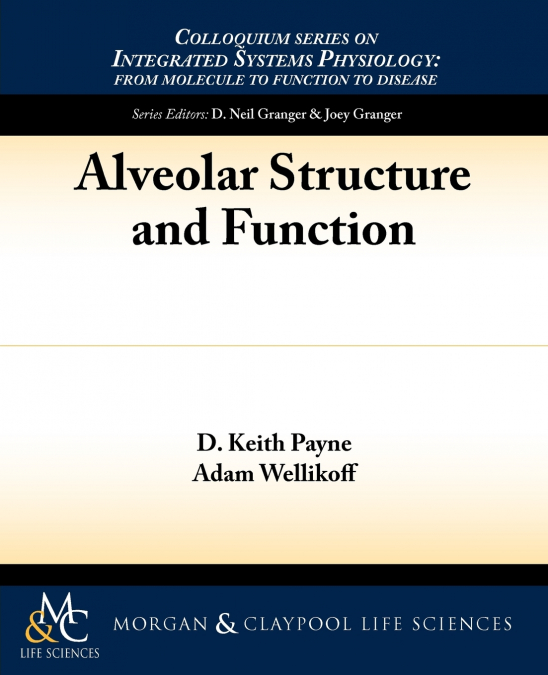
Adam Wellikoff / D. Keith Payne / DKeith Payne
In the distal regions of the human lung, one of the most challenging problems facing a large multicellular organism is solved-ensuring an adequate supply of oxygen for aerobic tissue metabolism while removing associated waste products. Conduits for both air and blood converge at the alveolar level to match ventilation with perfusion and thus assure the free diffusion of oxygen and carbon dioxide. Despite their thin walls and their intimate relationship to the pulmonary capillary bed, the alveolus must present a barrier function robust enough to resist alveolar flooding from the hydrostatic pressures generated by the weight of the lungs and the volume of blood in the pulmonary circuit. The strategic position of the alveolar region and its vast associated capillary network ensure its importance in the synthesis and degradation of a wide range of molecules. Finally, the alveoli have evolved important immune functions vital to protecting the host from a variety of inhaled pollutants and microorganisms. Understanding alveolar structure and function is essential not only to appreciate the elegance of the human lung in its pristine state but also to understand the perturbations that underlay many lung diseases.